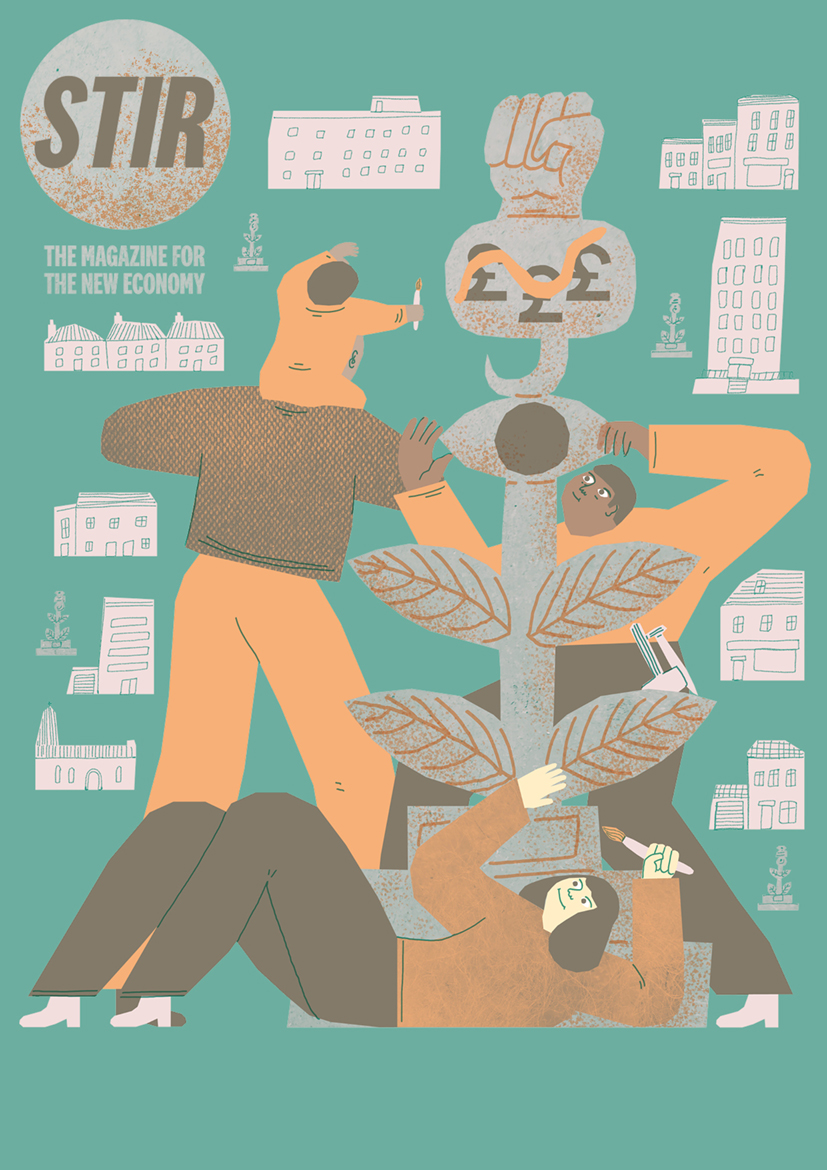Your 2019 book Romantic Anti-capitalism and Nature argues there is an “elective affinity” between romanticism, anti-capitalism, and ecology. Through the works of the likes of Cole – a landscape painter, Morris – an artist and activist, Benjamin – a social philosopher, and Williams – a cultural critic, you explore the “essential links” between the destruction of nature and the rise of capitalism in different historical periods and cultural contexts.
Can you outline your conception of ‘romantic anticapitalism’, and explain its historical, political, and anthropological (and so on) sources?
I developed the concept of “romantic anticapitalism” in several writings with my friend Robert Sayre. For us, romanticism is much more than a literary school of the early nineteenth century. It is a world-view (Weltanschauung) that is present in all fields of cultural life: poetry, literature, art, philosophy, anthropology, political theory, historiography – and even political economy (Lenin wrote an essay in 1897, A characterisation of romantic economicism). Romanticism appeared by the mid-eighteenth century, with the beginning of the Industrial Revolution, and one of its first representatives was Jean-Jacques Rousseau. In 1755 he published his treatise, Discourse on the origin and foundations of inequality among human beings: a sort of inaugural manifesto of political romanticism. And against the established wisdom, romanticism does not end by 1830 nor 1848. It continues until today.
What is the “rational kernel” of the romantic world-view? It is a social and cultural protest against the modern industrial capitalist civilisation, in the name of past, pre-capitalist, pre-modern values. Romantics denounce the capitalist disenchantment of the world, the quantification (monetisation) of everything, the replacement of human relations by the “cash nexus”. They rejected capitalism because, to paraphrase Marx in the The Communist Manifesto, capitalism has drowned religious fervour, chivalrous enthusiasm, and common sentimentalism “in the icy waters of egotistical calculation”. There is a passage in Marx’s Grundrisse which remarkably summarises the issue: in previous stages of development, life had a greater plenitude. The romantics would like to return to this past plenitude, but this is as absurd as to accept the present bourgeois emptiness. However, as long as the bourgeois society exists, its legitimate romantic critique will exist too. The only thing missing in this passage is the revolutionary, or utopian, romanticism.















